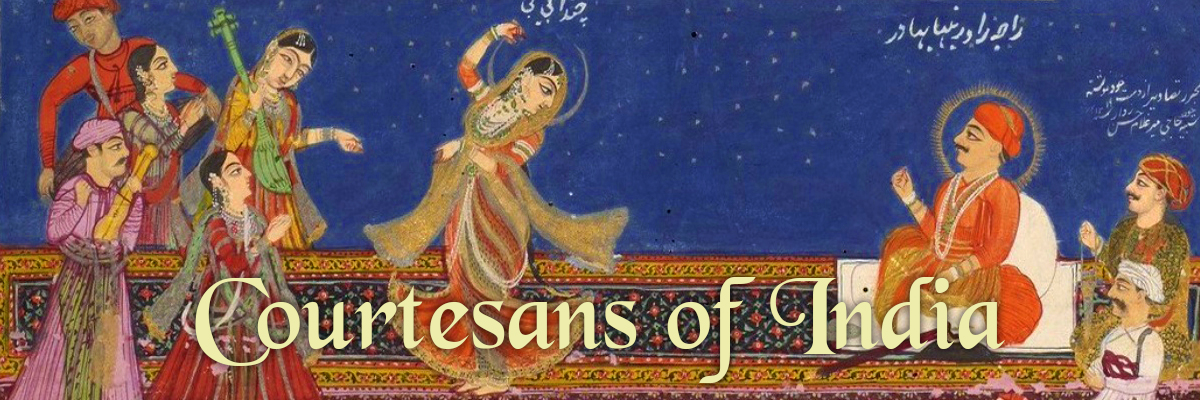Abstract: This chapter unravels Piro’s 160 Kafis to show how a former Muslim prostitute, and then a novitiate in a marginally Sikh Gulabdasi establishment, fashioned a self by writing “autobiographical” verses. The transgression of her move from a brothel to a monastic establishment created a situation that pushed Piro into recounting the particular incident that she perceived as transformative in her life. She used her writing to justify her presence in the establishment and her closeness to her guru. The chapter unpacks the meanings of her metaphorical language, what she says, what she leaves unsaid, and what she merely suggests. The meanings of Piro’s obsessive invoking of Hindu-Muslim conflict is sought to be understood, and her recourse to and creative use of diverse Punjabi cultural imaginary is demonstrated. The cultural eclecticism of her sect and her writing, with its borrowings from Vedantic monism, Sikh inheritance, Punjabi Sufis’ antiauthority moods, and Bhakti devotion is delineated.
Abstract from Duke University Books. This paper also includes translations of the poems discussed and as such has been indicated as both a primary and a secondary source.
